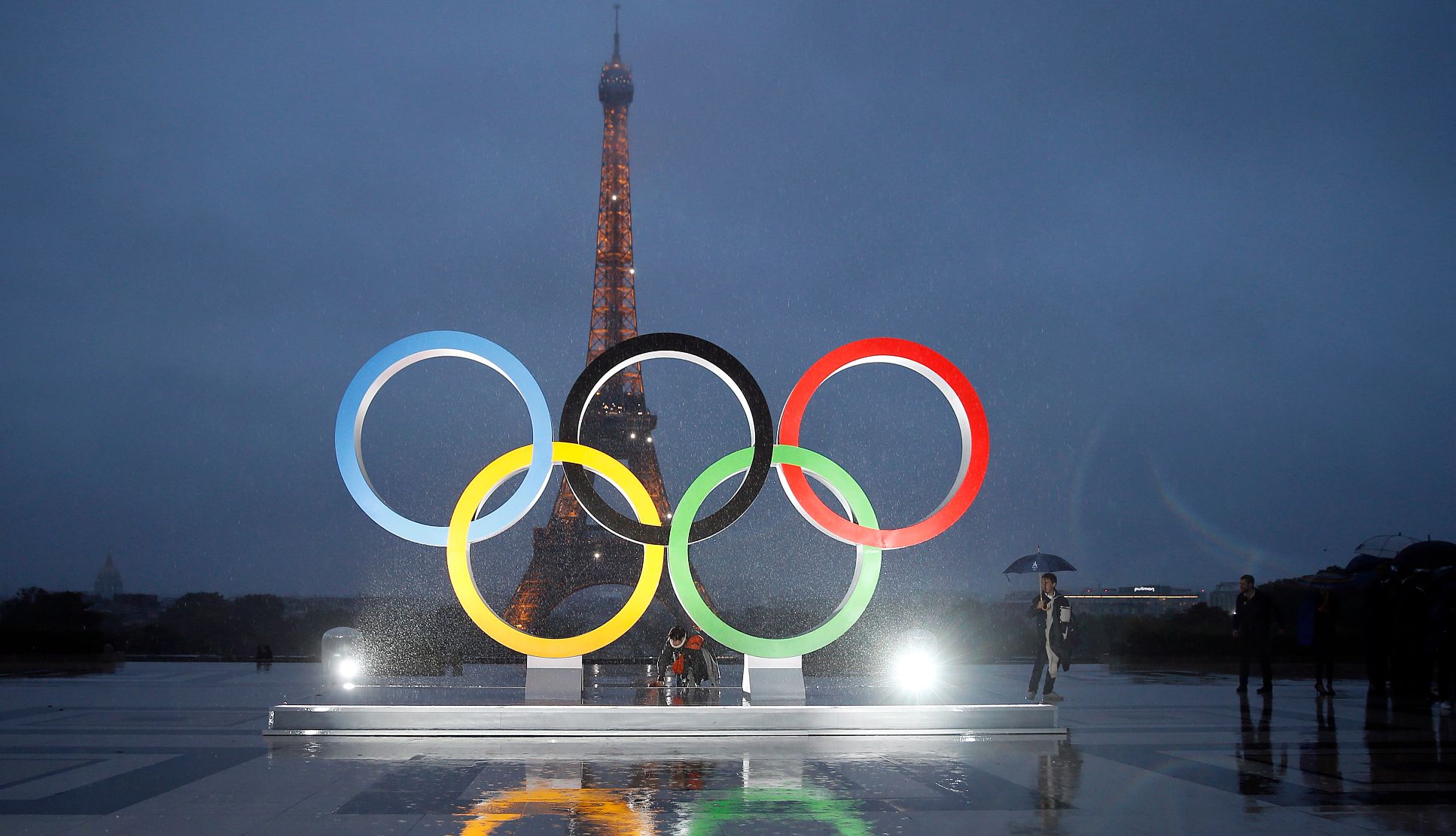10. Phony tickets. Thieves may try to sell you fake or invalid tickets for bus and metro systems. If you’re in Paris for the Olympics, purchase transit tickets only from official ticket booths or automatic vending machines, the city’s transit officials advise.
11. Is this your wallet? Scammers present a wallet and ask if you dropped it. They’ll try to get you to touch it, then their accomplice will appear and accuse you of stealing and threaten to call the police. They’ll ask you for money to make the problem go away. Or they may ask you to show your money, as proof you weren’t trying to steal, then grab your cash and run, according to the State Department.
12. The highway pirates. Thieves wave your vehicle over for assistance with a flat tire or mechanical trouble, but as you help, an accomplice makes off with possessions in your unlocked vehicle. At scenic overlooks and other tourist spots in Spain, there have been numerous reports of thieves breaking in and stealing valuables from parked rental cars, which display a large sticker on the back of the vehicle, the Overseas Security Advisory Council says.
These aren’t small-time crooks
Criminals preying on tourists may be part of major crime rings. Europol, the European Union’s law enforcement agency, says that although pickpocketing is sometimes considered petty crime, “highly professional groups” often are to blame and can reap millions from the illegal activity. Ringleaders bankroll luxury lifestyles for themselves, but many pickpockets, some children, are “exploited foot soldiers.”
Warn family and friends
If you are traveling, be aware that criminals capitalize on big events such as the Olympics and may prey on your loved ones back home. “We predict … the criminals are going to be sending fake text messages, fake emails (and) fake social media posts to (your) friends and family that say, ‘Oh my gosh, I’ m in Paris for the Olympics, my wallet got stolen, I have no money, can you please help me out by sending gift cards?’” says Amy Nofziger, director of victim support at the AARP Fraud Watch Network, on The Perfect Scam podcast.
Nofziger suggests anyone who gets a message like this should stay calm and “call that friend or family member on the phone number that you have for them. Do not respond to the email or even a text because this scammer might have hacked that email.”
Remind your family that if you run into trouble, there are other avenues you can use to get help, such as your bank or the U.S. Embassy.
Before you travel
- Though you may not be required to do so, many companies recommend that you alert your credit card provider that you will be out of the country, and include your dates of travel. You may be able to set up fraud protections, such as a daily limit on charges to your account from the same location.
- Review the State Department’s Traveler’s Checklist and take part in its Smart Traveler Enrollment Program for the latest safety information about your destination.
- Keep the phone number and address of the nearest U.S. Embassy or consulate handy, “so you have it in case you need help,” says Tuttle, with the nonprofit Council on Foreign Relations. Here’s a general number for the State Department’s Office of Overseas Citizens Services: 202-501-4444.
While traveling
- Avoid using handbags, fanny packs and outside pockets that are easy targets for thieves, the State Department says in “A Safe Trip Abroad.” A secure place for valuables is in a pouch or money belt worn under your clothing.
- Be extra careful at tourist hot spots. Thieves prowl in and near museums, monuments, restaurants and hotels, at beaches, train stations and airports, and on subways and trains. Some target vehicles with nonlocal license plates. Pickpocketing is a threat “in major urban centers and highways across Spain,” the U.S. Embassy in Madrid warned.
- Avoid placing passports, cash, cellphones and other valuables in the outer pockets of backpacks or purses or on tables in public places. Do not leave bags unattended or slung over the back of chairs, on hotel or store counters, on top of your suitcase or out of your physical control. Keep only what you absolutely need in your wallet.
If you are a victim of crime, the U.S. Embassy can help replace your passport, as well as explain financial options, find medical aid and provide a list of lawyers who speak English.
VIDEO: 3 Scams to Avoid When Booking Travel









































































More From AARP
6 Travel Scams to Avoid
AARP Fraud Watch warns you of cons that could ruin your getaway plans
New Tech Tools Protect Consumers From Identity Fraud
Emerging fraud-fighting technologies make it easier to separate impostors from actual customers
7 Tactics Criminals Use to Perpetrate Fraud
Scammers have learned how to manipulate people’s emotions and take advantage of their trust in others